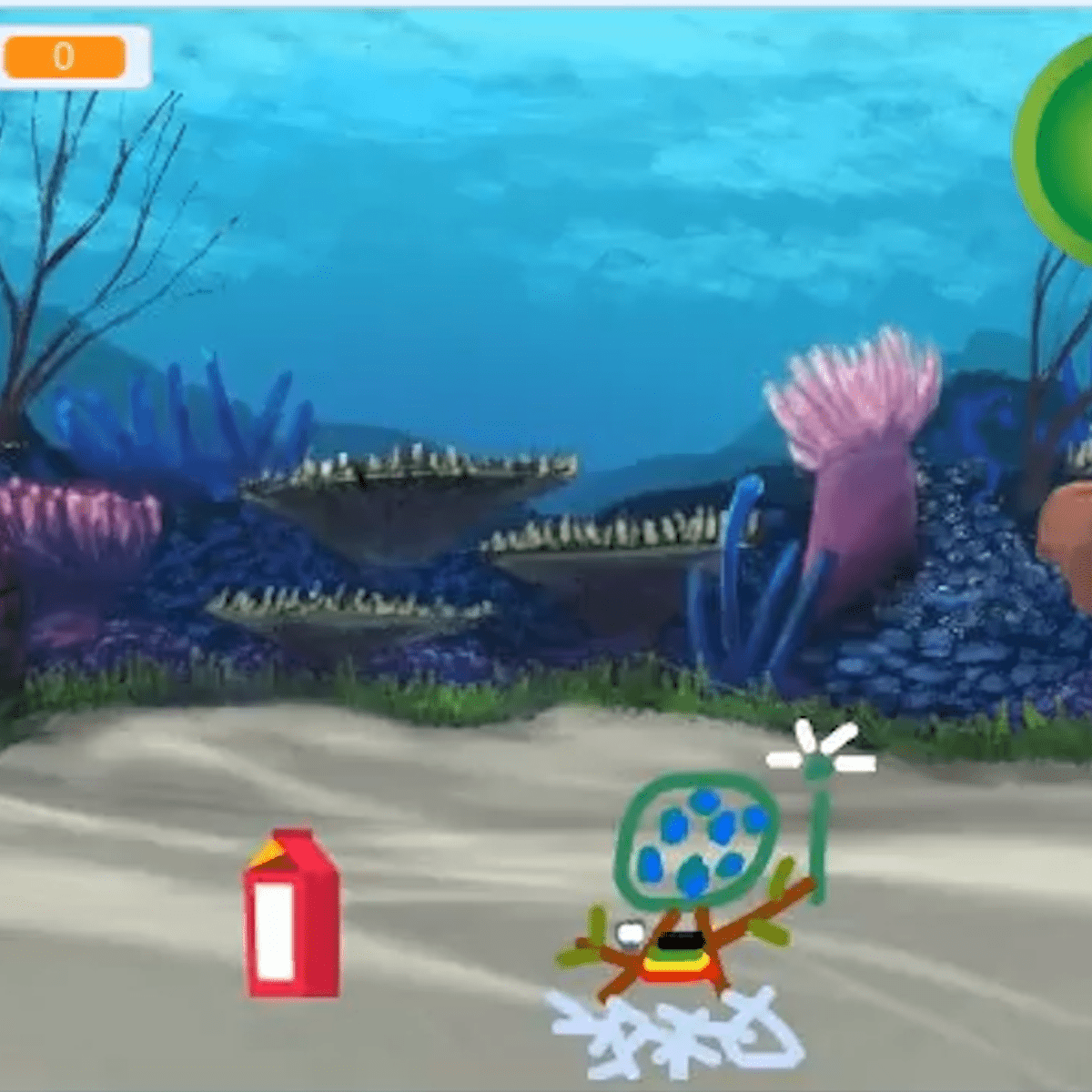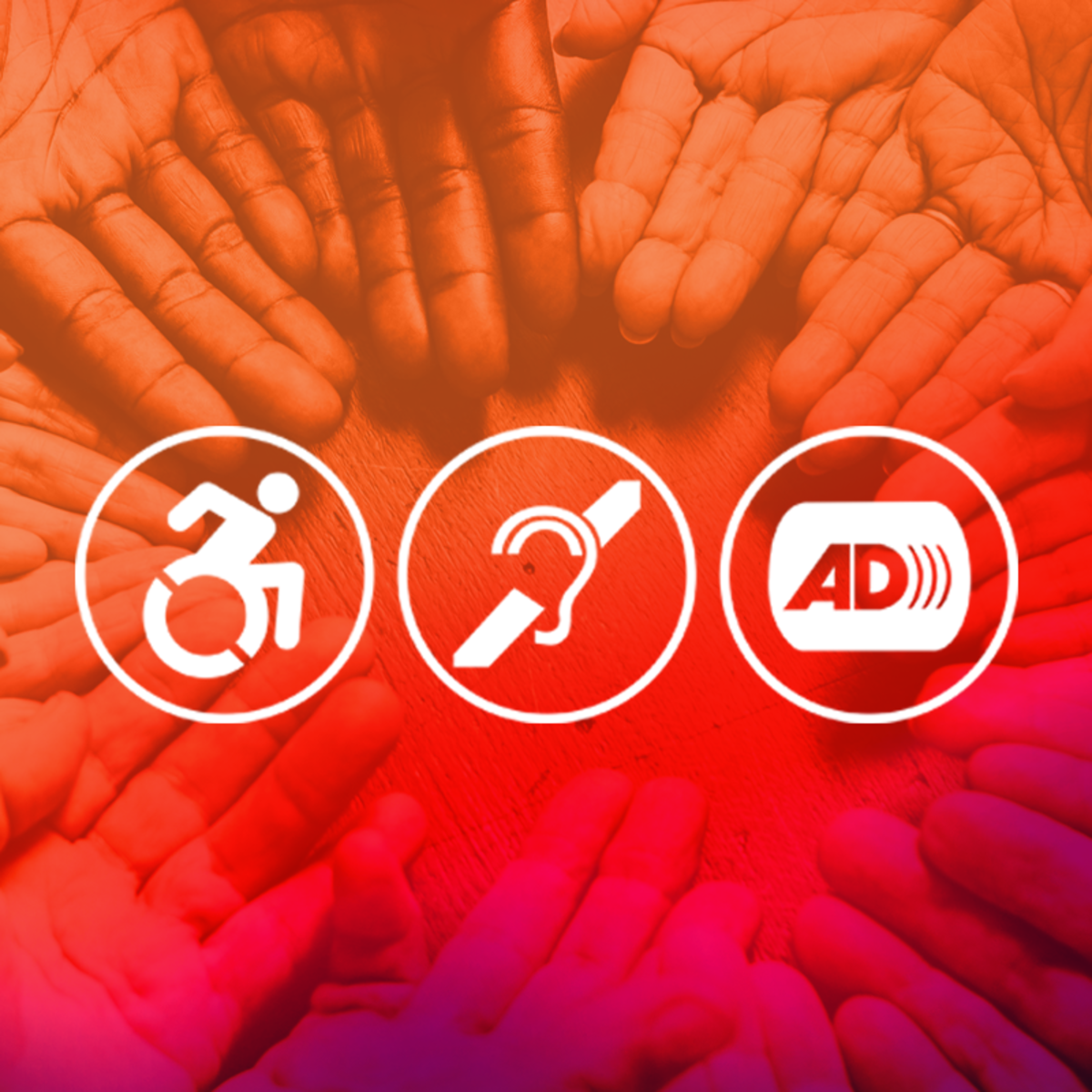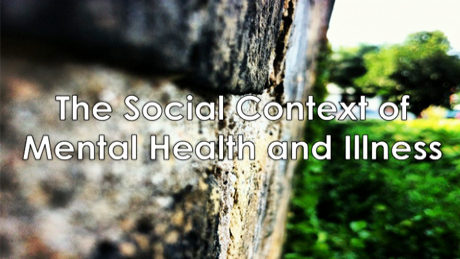Back to Courses









Social Sciences Courses - Page 66
Showing results 651-660 of 672

Teaching Writing Process
Half a century ago, a revolution took place in the teaching of writing. Educators asked, “What if we were to study how professional writers wrote, as a way to learn how we might teach writing more effectively?” The result was the writing process movement, with its emphasis on not just writing as product but as process. Good writing doesn’t magically appear, nor does it spring from the brain fully formed and perfect the first time. Instead, all writers engage in a process, and while that process can vary writer to writer, some stages do seem to apply, in some way, to almost every writing situation. This course demonstrates how teaching writing as process can lead to a significant increase in students’ comfort level and confidence as writers. Learners will examine methods for teaching writing as discovery, and for using low-stakes writing and reflection in their classes. They’ll fill their toolbox with practical strategies and techniques for teaching writing to students of any age, in any situation.

What future for education?
Through this course you will start to critically examine your own ideas about education, teaching and learning. The critique will be developed through engagement with theories and ideas developed through educational research. You will be encouraged to use these ideas to challenge or support your own ideas about education.
Each week we will focus on one key question, using video lectures, key readings and challenges to explore some commonplace notions about education. With the guidance of the course team, you will be asked to use these ideas to critically reflect on your own understandings and experience. By the end of the course, you will have developed a personal response to the main question: what is your preferred future for education?

Game-based Learning with Scratch
From old-age analog to high-tech digital, games are one of the most attention capturing mediums that exist. Many wonder why. Even more wonder how to use or create games that are capable to achieve specific goals, from costumer retention to civic engagement.
In this hands-on guided project you will understand how the process of game design (and playing) can be used as a vehicle for learning. To that end, we will be engaging with theoretical and practical resources on the "Art of Game Design", as well as with the Scratch environment, which will be used to create a game of your own throughout our process.

Arctic Change & the Nexus of Governance, Economics & Culture
In this course, you will learn how the changing Arctic environment is tied to the growing economic and strategic importance of the North. After setting the stage through a review of the peoples of the Arctic and how they are dealing with change, Arctic governance, economies national defense, attention turns to marine use of the Arctic, oil and gas exploration, mining, fisheries and tourism. The course ends with a survey of recent Arctic events.
Learning Objectives: Articulate the drivers of the growing economic and strategic importance of the Arctic in the context of the environmental changes unfolding in the region, governance, and geopolitics. Identify the impacts of the changing Arctic, both positive and negative, on the peoples of the North.

Anti-Racism I
Anti-Racism I is an introduction to the topic of race and racism in the United States. The primary audience for this course is anyone who is interested in learning about race/racism in the US who has never taken a course in critical race or ethnic studies or affiliated fields (indeed, who may not know what the fields of critical race studies or ethnic studies are), who has never read a book about race/racism, or attended any race equity or diversity trainings on the topic of race/racism.
In this course you will learn how to:
- Use and comprehend contemporary intersectional terminology through a provided glossary
- Critically discuss “whiteness”
- Recognize the concept of White privilege that all White people have whether they want that privilege or not and to differentiate between White supremacy as a systemic concept vs. White supremacists (who are professional racists like the KKK).
- Distinguish between being not racist and being anti-racist
- Define systemic and institutional racism
- Accept the unequal history of race and racism in the United States that has created racial hierarchies that has disenfranchised Black Americans
- Share with others the true foundations of United States’s histories beginning with the acknowledgement of settler colonialism and the rewards that White people have received due to White supremacy and Black oppression.
- Talk about race and racism
- Explain why phrases like “All Lives Matter” and “Blue Lives Matter” are racist
- Recognize that anyone can be anti-racist--it only takes the dedication and decision to be anti-racist, to educate yourself about the history of racism in the US and then to talk in an anti-racist way and to act as an anti-racist
Course logo image credit: Liam Edwards, 06/04/2021. Available on Unsplash at https://unsplash.com/photos/x15GAQNepcQ

An Introduction to Accessibility and Inclusive Design
This course introduces some of the fundamental principles of accessibility and prepares learners for further study in accessibility and inclusive design. Learners will have an opportunity to explore the major types of disabilities and related assistive technology and adaptive strategies, the most salient contours of the legal landscape, and the major principles that guide universal design and accessible content creation. Spotlight guest videos will highlight firsthand perspectives on disability, as well as topics like disability etiquette, universal design and universal design for learning, accommodation in higher education, campus accessibility policy, and accessibility in a corporate setting.

International Law In Action: Investigating and Prosecuting International Crimes
‘Investigating and Prosecuting International Crimes’ is the second course in Leiden University’s new series on International Law in Action. The first course covered international courts and tribunals in The Hague in general. This second course provides an insider perspective into the work of international criminal courts and tribunals. You will learn about the investigation and prosecution of international crimes in The Hague.
Atrocities produce unspeakable forms of violence. We will explore whether and how international criminal justice contribute to what UN Secretary-General Ban Ki Moon called the ‘age of accountability’. The theory is, those who commit the worst of human crimes, are held accountable, whether they are rank-and-file foot soldiers or military commanders, whether they are lowly civil servants following orders or top political leaders. We will test how this can be done and if this is realistic.
During this course, you will be offered a look into the ‘kitchen’ of the Hague international criminal courts and tribunals. You will learn how international criminal justice functions, who the actors are, what outcomes it produces, and how it can be improved.
If you want to gain a better understanding of international criminal cases, like the Lubanga case, the ICC’s first ever trial, and the legal legacy of UN international criminal tribunals, then this course is definitely for you!
This course is free to join and to participate in. There is the possibility to get a verified certificate for the course, which is a paid option. If you want a certificate, but are unable to pay for it, you can request financial aid via Coursera.

Exploratory Data Analysis for the Public Sector with ggplot
Learn about the core pillars of the public sector and the core functions of public administration through statistical Exploratory Data Analysis (EDA). Learn analytical and technical skills using the R programming language to explore, visualize, and present data, with a focus on equity and the administrative functions of planning and reporting. Technical skills in this course will focus on the ggplot2 library of the tidyverse, and include developing bar, line, and scatter charts, generating trend lines, and understanding histograms, kernel density estimations, violin plots, and ridgeplots. These skills are enhanced with lessons on best practices for good information visualization design. Upon completing this course, you will understand the layered grammar of graphics and its implementation in ggplot2, all while exploring a diverse set of authentic public datasets.
All coursework is completed in RStudio in Coursera without the need to install additional software.
This is the second of four courses within the Data Analytics in the Public Sector with R Specialization. The series is ideal for current or early-career professionals working in the public sector looking to gain skills in analyzing public data effectively. It is also ideal for current data analytics professionals or students looking to enter the public sector.

Creating an Interactive Syllabus using Microsoft Word
After successfully completing this project, you will have created a visually appealing, interactive course syllabus in Microsoft Word.
The key components of a course syllabus will be discussed. While adding these components to your document you use various features in Word. You will apply styles, insert a bulleted list and a table to organize information, insert an image, and modify a table and image. You will also discover how to convert text to a hyperlink to make your document interactive.
Included Universal design formatting tips will describe options to help make your document accessible to all learners.
The Social Context of Mental Health and Illness
Learn how social factors promote mental health, influence the onset and course of mental illness, and affect how mental illnesses are diagnosed and treated.
This course explores how our understanding of mental health and illness has been influenced by social attitudes and social developments in North America and around the world. The course begins by situating our contemporary mental health practices in historical context, then looks at different aspects of mental health, mental illness and mental health services and their connections to what’s going on in our social environment.
Popular Internships and Jobs by Categories
Browse
© 2024 BoostGrad | All rights reserved


